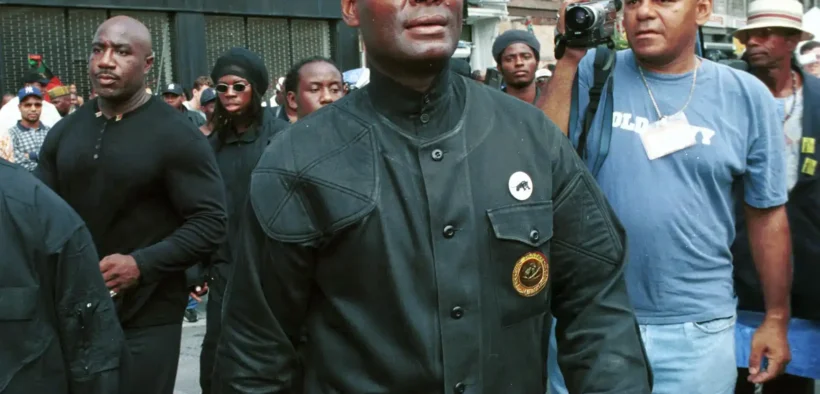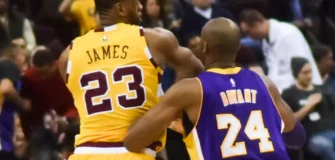Estate of Dr. Khallid Muhammad Sues Record Labels Over Decades-Long Misuse of Voice and Speeches
Share

The estate of the late Dr. Khallid Abdul Muhammad has filed a series of landmark lawsuits against major record labels and hip-hop artists, citing the unlicensed and uncompensated use of the civil rights leader’s speeches across several chart-topping tracks.
The legal action, filed in federal court, claims that Dr. Muhammad’s voice and intellectual property were appropriated by the industry without credit, clearance, or compensation exploitation that spans decades.
The three core lawsuits target record companies behind songs performed by 2Pac, Public Enemy, and D’Angelo—tracks that, according to the estate, feature Dr. Muhammad’s sampled voice and likeness without permission. The cases include:
- 2Pac’s “White Man’z World” (1996, Interscope) – Case No. 2:25-cv-02540
- D’Angelo’s “1000 Deaths” (2014, RCA) – Case No. 2:25-cv-03480
- Public Enemy’s “Night of the Living Baseheads” (1988, Def Jam) – Case No. 2:25-cv-02324
Dr. Khallid Abdul Muhammad, renowned as a former spokesperson for the Nation of Islam, a prominent figure in the New Black Panther Party, and a fierce advocate for Black liberation, delivered speeches that echoed through communities and generations.
Yet, his estate argues, the music industry systematically stripped those words of their author, profiting from his voice while erasing his name.
Even in recent years, the alleged infringement continued. In 2024, Common’s track “So Many People” (Loma Vista) reportedly sampled Dr. Muhammad without authorization. Legal notices have also been served to other artists, including Ice Cube and Black Thought, with their work now under review for possible violations.
Attorney Malik Zulu Shabazz, representing the estate, emphasized that the lawsuits are not a direct attack on the artists themselves but on the powerful corporations behind them.
> “This is about accountability,” said Shabazz. “These companies exploited Khallid Muhammad’s words for commercial gain—just as they’ve done to the Black artists whose music bore those samples. Many of those artists didn’t even own their masters. They were exploited, too.”
The lawsuits are seeking $5 million per infringement, as well as permanent injunctions and the impoundment of all infringing works.
Beyond financial restitution, the estate is channeling its legal efforts toward a larger cultural mission. Proceeds from any settlement or judgment will fund the Khallid Muhammad Memorial Fund, supporting initiatives such as:
- A National Black History Museum and Research Center
- A standardized Black Studies curriculum in schools
- Documentaries, films, and books chronicling Dr. Muhammad’s life and message
- Community education programs rooted in self-determination
- A memorial archive honoring revolutionary Black leaders
“This is about legacy-building, not litigation,” the estate stated. “If institutions won’t honor our leaders, we will.”
The lawsuits spotlight a broader industry reckoning, calling into question long-standing practices of uncredited sampling—particularly when it comes to revolutionary Black voices. For Dr. Khallid Muhammad’s family and supporters, this may be the first step toward historical justice.


















